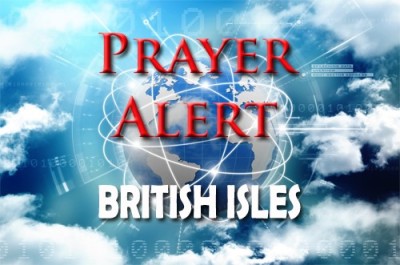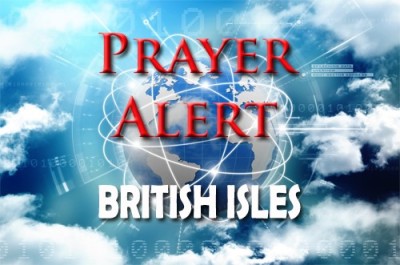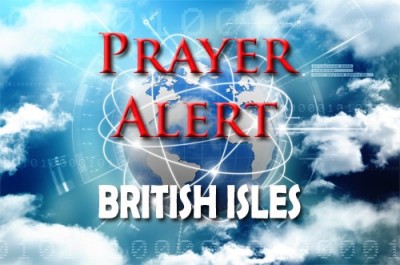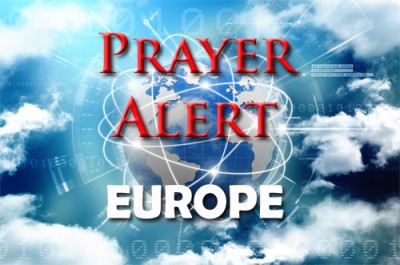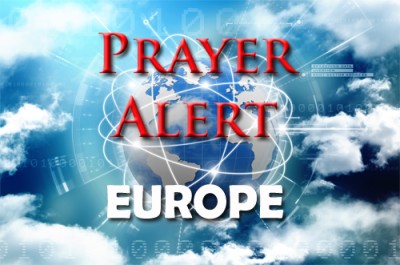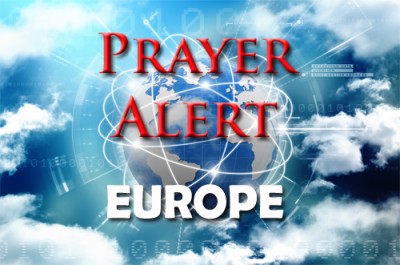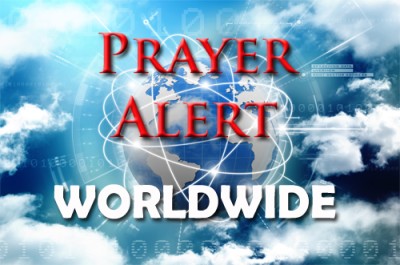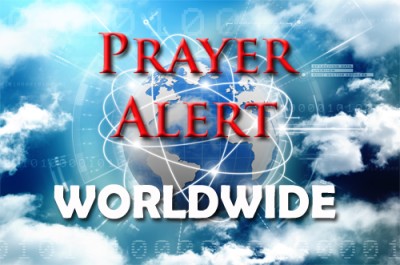The housing ombudsman, Richard Blakeway, has warned that growing public frustration over substandard social housing could escalate into wider social unrest. Complaints about poor living conditions have surged 474% since 2019/20, with 45% related to repairs. Despite a record £9bn spent on maintenance in 2023/24, landlords were ordered to pay £3.4m in compensation due to poor practices, including extreme delays in fixing serious issues like asbestos and mould. Nearly half of England’s social homes were built before 1964, and damp-related complaints have risen sharply. Blakeway criticised outdated maintenance standards and ‘rationing’ of services, calling current housing policies detached from modern living expectations. He urged a ‘transformative overhaul’, including a national tenant body and predictive maintenance systems. While Awaab’s Law (named after a toddler who died from mould exposure) is set to force landlords to make immediate emergency repairs from October, Blakeway said it remains too reactive. He warned that without urgent reform, the Government’s housing ambitions could collapse under the weight of a failing system.
Senior police and intelligence leaders, including Met Police commissioner Sir Mark Rowley, have raised concerns over the Government’s plan to release some prisoners early to ease overcrowding. They have warned that the proposals could harm public safety and confidence. While supportive of reform, they cautioned against early release for high-risk and national security offenders, highlighting challenges such as increased police workload, costs of electronic tagging, and community justice undermining deterrence. The Government recently accepted a sentencing review recommending community management for some offenders and early release after serving one-third of sentences, excluding serious criminals. Justice secretary Shabana Mahmood and her ministry claim concerns were addressed in the final policy, promising tighter controls and increased probation funding. Critics across the political spectrum argue for tougher sentencing and greater investment in prison infrastructure to restore justice and security.
Norovirus warning: stay at home for 48 hours
29 May 2025The UK Health Security Agency (UKHSA) has issued a strong public warning about norovirus, urging anyone affected to remain at home for 48 hours after symptoms cease, as individuals can still be infectious. Known as the ‘winter vomiting bug’, norovirus causes vomiting, diarrhoea, and severe discomfort. While typically seasonal, England has seen an alarming spike in cases, with 14,959 reported between 31 March and 27 April - more than double the five-year average. Hospital outbreaks are also up 43.3% above historical norms. Though recent weeks show a slight decline, infection levels remain significantly high. Norovirus spreads easily via contaminated food, surfaces, or close contact, and can be transmitted even before symptoms begin. The UKHSA stresses the importance of staying home, avoiding hospitals or GP visits while symptomatic, and refraining from cooking for others until 48 hours after recovery. Parents are advised not to send children to school during this period, and all should practice vigilant hygiene to prevent spread.
Ukraine: increasing use of a deadly new weapon
29 May 2025In Rodynske, Ukraine, devastation and fear hang in the air after a Russian glide bomb destroyed the town’s administrative centre and residential blocks. Russian attacks have surged, with Rodynske now facing direct strikes and drone assaults. Journalists encountered deadly surveillance and attack drones, evidence of Russian advances. Russia’s increasing use of fibre optic drones - immune to electronic jamming - gives it a tactical edge, making troop movements perilous. Ukrainian forces are racing to develop similar technology. Soldiers have described the extreme mental and physical toll, with deployments now stretching to months due to constant drone threats. Front lines are no longer clearly defined; infiltrations occur with motorcycles and quad bikes, creating fragmented, shifting battle zones. Civilians, returning to destroyed homes, bear witness to worsening conditions. With diplomatic efforts stalled, this evolving conflict grows more deadly by the day. Meanwhile, Volodymyr Zelensky, on a visit to Germany (where chancellor Friedrich Merz has promised more financial and military help), has warned that 50,000 Russian troops are massing on Ukraine’s eastern border, preparing for a massive new offensive. See
France: surgeon jailed for abusing 299 patients
29 May 2025Joel Le Scouarnec, once a respected surgeon, has been sentenced to twenty years in prison after admitting to sexually abusing 299 patients, mostly children, between 1989 and 2014. The judge said he took into account the fact that he targeted sedated and vulnerable victims. Although sentenced to the maximum term, Le Scouarnec has already served seven years and may be eligible for parole by 2030. Victims and their advocates expressed anger over the perceived inadequacy of the sentence. One survivor noted the lifelong trauma endured by victims while Le Scouarnec might eventually regain his freedom. The 74-year-old, already serving a 15-year sentence from 2020 for prior assaults, did not appeal the new ruling. His handwritten diaries documented the abuse in detail, aiding police in identifying victims - many of whom were unaware they had been assaulted. In court, Le Scouarnec acknowledged his crimes and expressed remorse, though survivors have questioned the justice system’s ability to match the gravity of such heinous acts.
Donald Trump has paused a proposed 50% tariff on EU goods, extending the negotiation deadline to 9 July after a phone call with EC president Ursula von der Leyen. She requested more time to reach a deal, which Trump agreed to, calling the EU ‘willing to negotiate’. While both sides seek a resolution, the USA remains firm on maintaining a 10% base tariff, rejecting the EU’s recent offer to eliminate industrial tariffs and boost cooperation in AI and energy. Trump’s stance stems from concerns over the EU’s significant trade surplus and regulatory barriers. Meanwhile, the EU has approved retaliatory tariffs worth billions, set to begin on 14 July if talks fail. The escalating tensions risk sparking a costly trade war, which the IMF warns could shrink GDP on both sides. EU and US officials are set to meet next month in Paris to seek resolution. In preparation for these, the EU has requested firms to give details of their dealings with US companies: see
A UN warehouse in Gaza has been stormed by desperate civilians amid growing hunger and aid shortages, resulting in two deaths and several injuries. The World Food Programme warned of impending famine, urging immediate aid expansion. Though Israel has lifted an eleven-week blockade, only limited aid has entered via the UN and the US-backed Gaza Humanitarian Foundation (GHF). The UN criticised Israel’s aid efforts as grossly inadequate, likening them to ‘a lifeboat after the ship has sunk’. Ongoing Israeli strikes, including the killing of Hamas leader Mohammad Sinwar, killed at least thirty people on 28 May. Israel, facing international pressure, is insisting aid be routed through the GHF, but the UN and other charities are refusing to do so because they do not see it as neutral. The GHF has so far distributed over 840,000 meals; reports say that at one site 47 people were injured in a rush for food. Humanitarian groups continue to warn of systemic deprivation and the collapse of basic aid infrastructure in Gaza.
North Korea has strongly condemned the US plan to develop a futuristic ‘Golden Dome’ missile defence system, warning it could trigger a nuclear arms race in space. The system, promoted by Donald Trump to counter next-generation threats such as hypersonic and cruise missiles, is viewed by Pyongyang as a provocation that would undermine its nuclear deterrent. North Korea’s foreign ministry described the plan as arrogant and dangerous, while China has called it a threat to global stability, saying the USA is ‘obsessed’ with its own security. Analysts note the system could compel North Korea to advance its missile capabilities. While many experts agree that US defence infrastructure needs updating, critics point to the potential geopolitical fallout and high costs - estimated at up to $500 billion long-term. Strategic tensions over space militarisation continue to grow as nations grapple with balancing national defence and global security.
